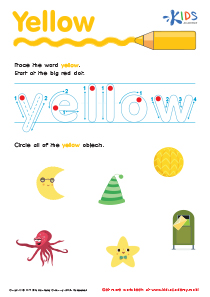Fine Motor Skills Normal English for Beginners Worksheets for Ages 6-9 - Page 2
32 filtered results
-
From - To
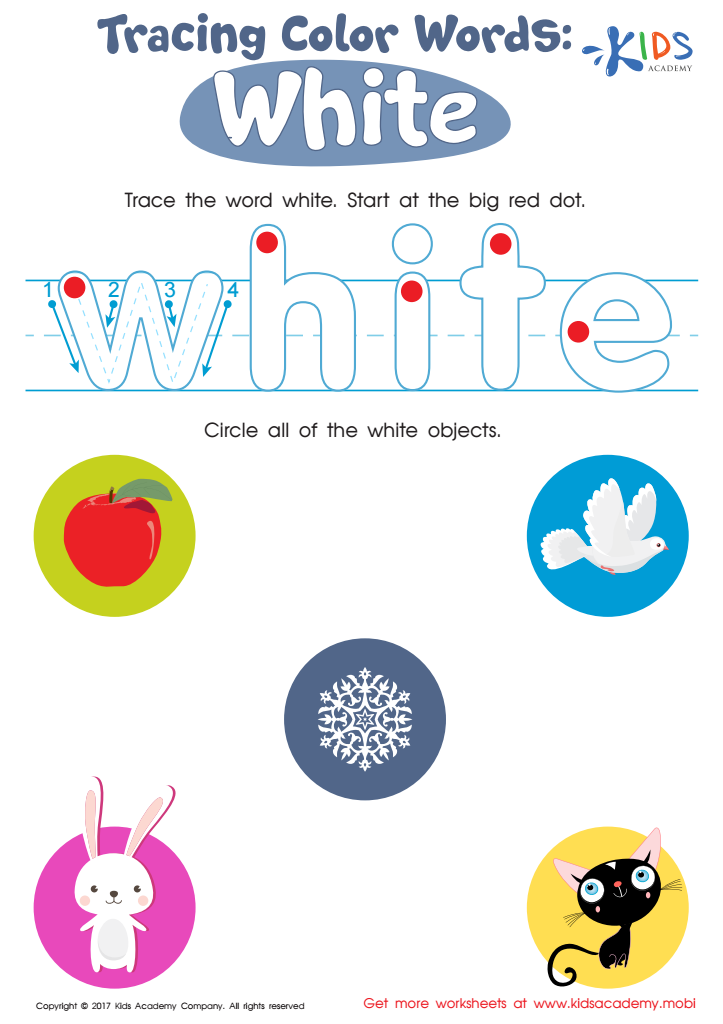

White Tracing Color Words Worksheet
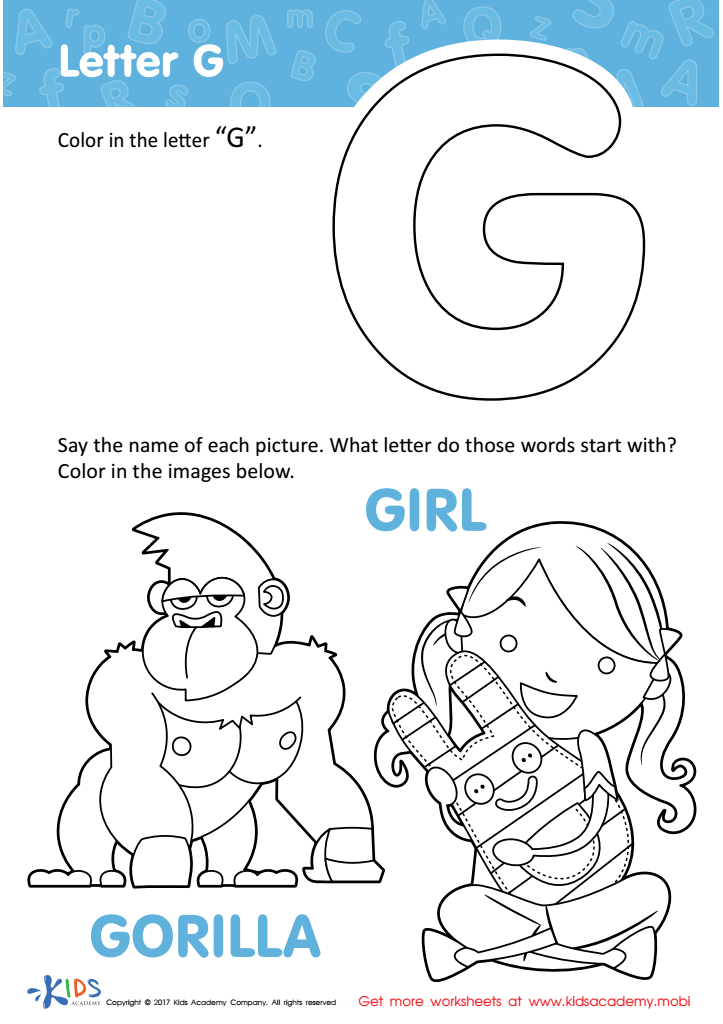

Letter G Coloring Sheet
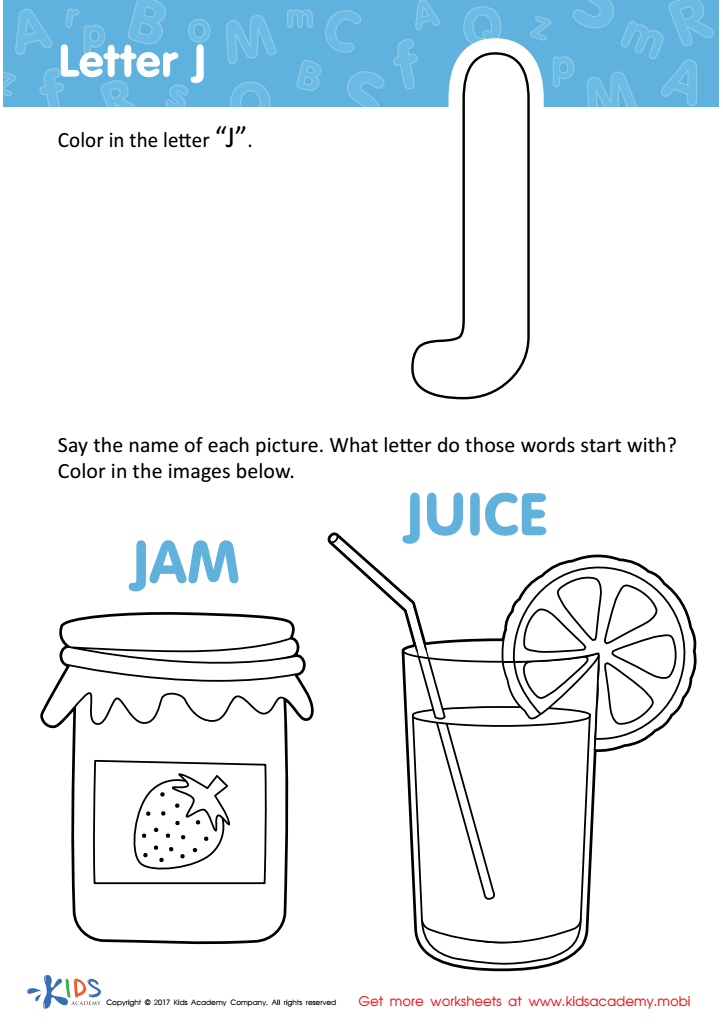

Letter J Coloring Sheet
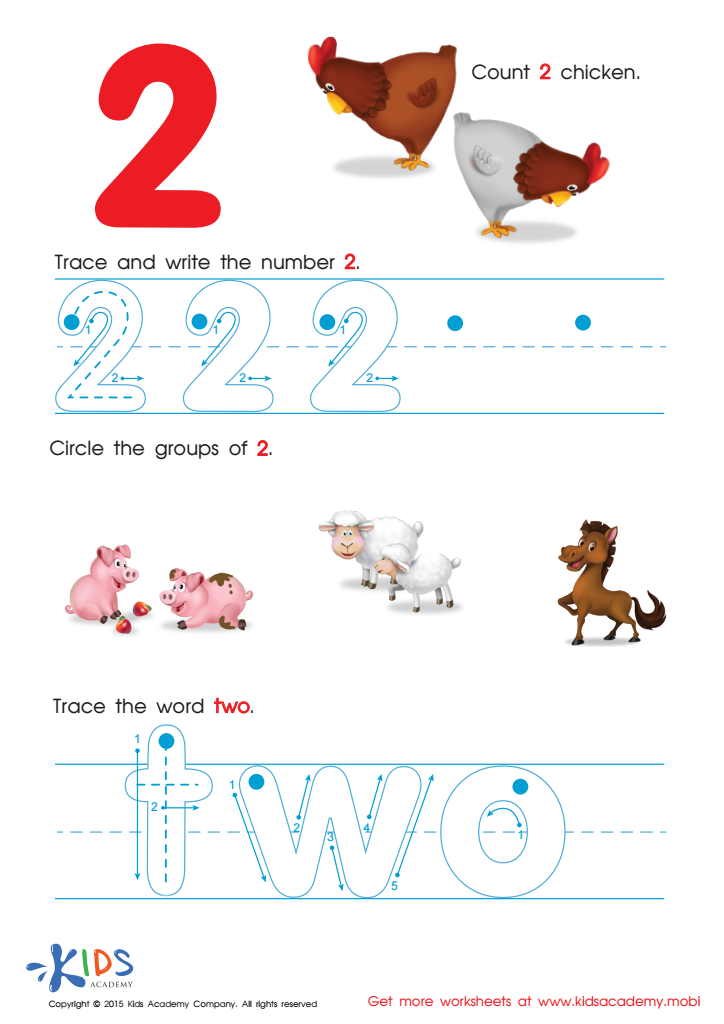

Learn to Write the Number 2 Worksheet
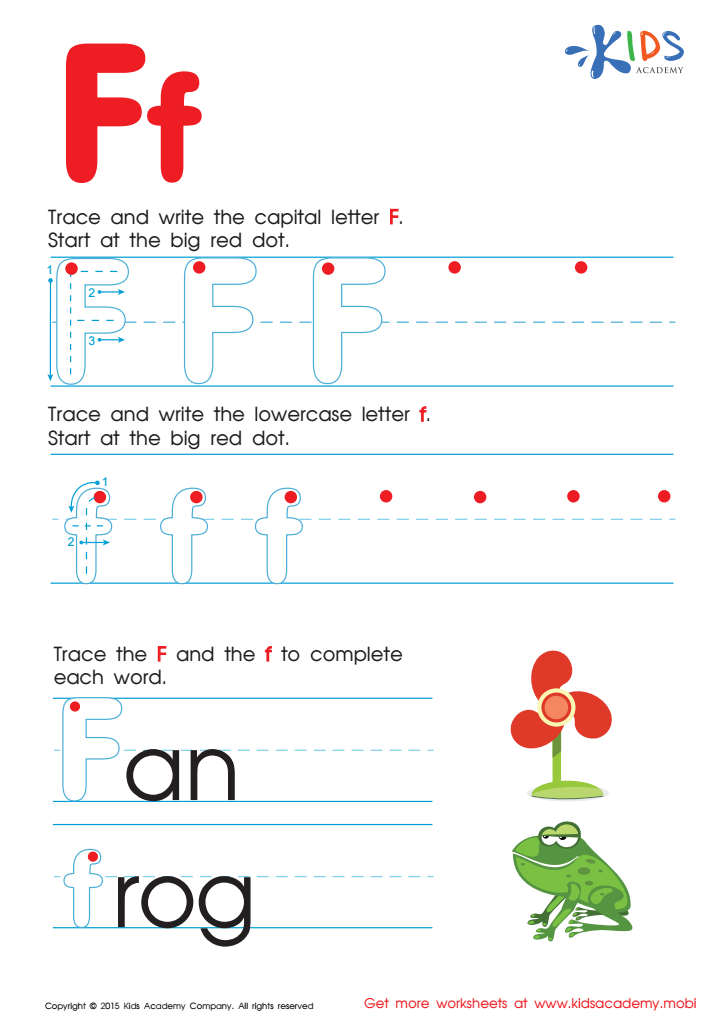

Letter F Tracing Page
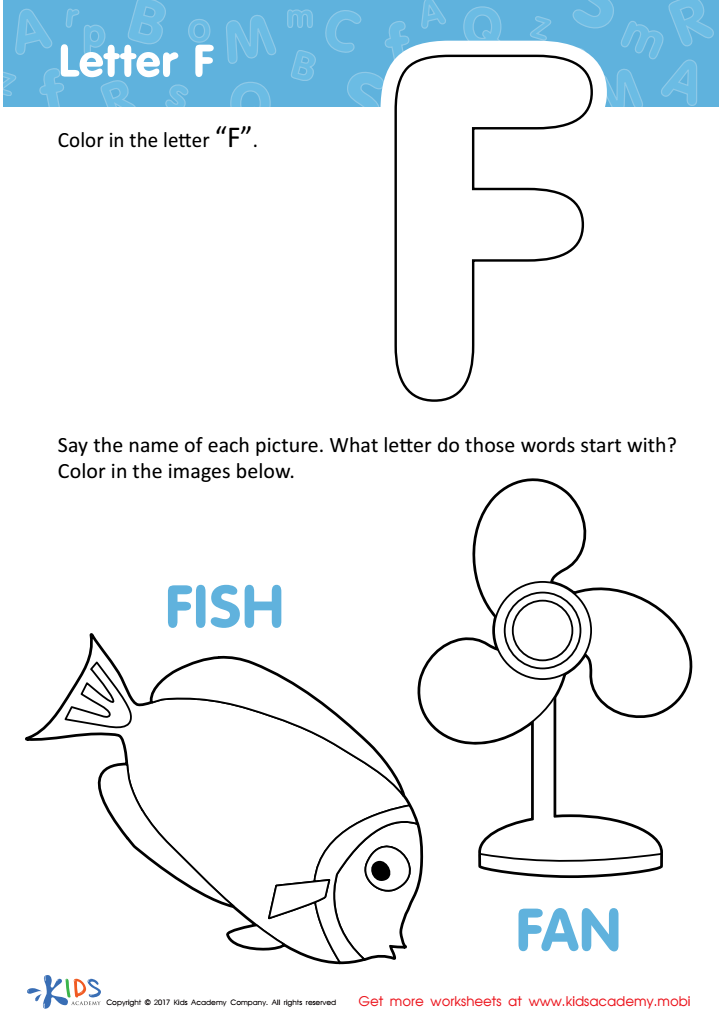

Letter F Coloring Sheet
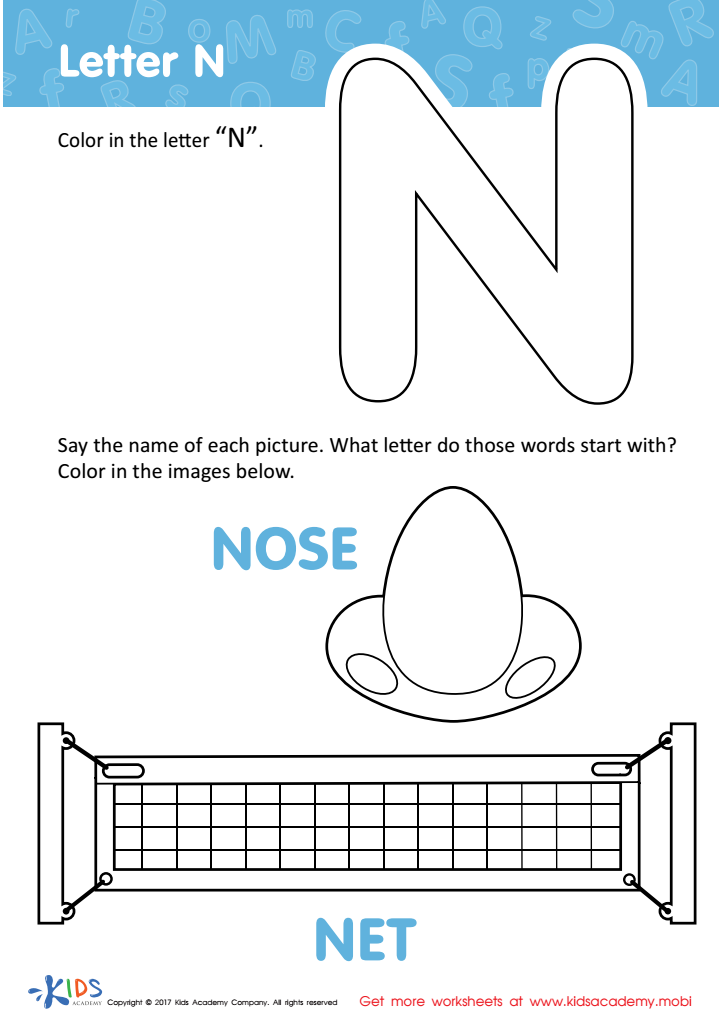

Letter N Coloring Sheet
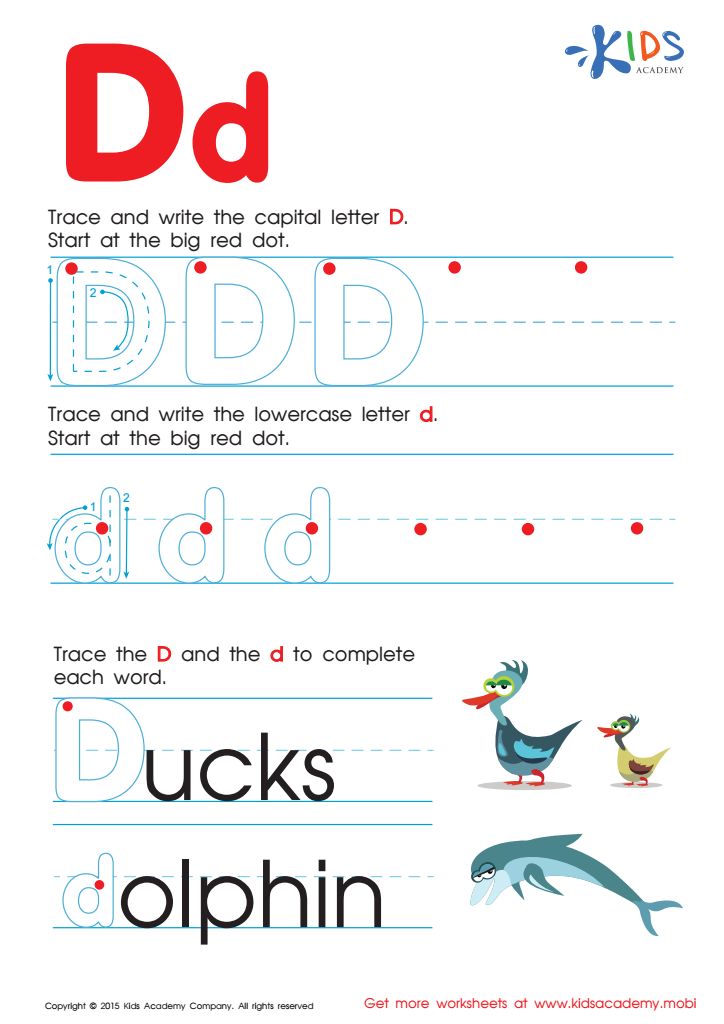

Letter D Tracing Page
Fine motor skills are crucial for children's development, especially for those aged 6-9. These skills involve the use of small muscles in hands and fingers to perform tasks like writing, drawing, cutting, and using utensils. Parents and teachers should care about these skills because they directly impact a child's ability to learn and succeed in school.
Firstly, strong fine motor skills support handwriting abilities. When children can grip pencils properly and control their movements, they can express their thoughts clearly on paper. This establishes a strong foundation for literacy.
Secondly, fine motor skills are linked to self-care activities, such as buttoning shirts or tying shoes. Developing these skills fosters independence and boosts a child's confidence.
Furthermore, fine motor activities also enhance cognitive skills. Tasks like puzzles or building blocks promote problem-solving and hand-eye coordination.
Lastly, engaging children in fine motor activities during this age helps preempt any potential difficulties in later schooling.
Teachers and parents can encourage these skills through fun activities like crafts, playing with building toys, or using playdough. By prioritizing fine motor skill development, adults can support children's overall academic success and daily functioning.
 Assign to My Students
Assign to My Students









